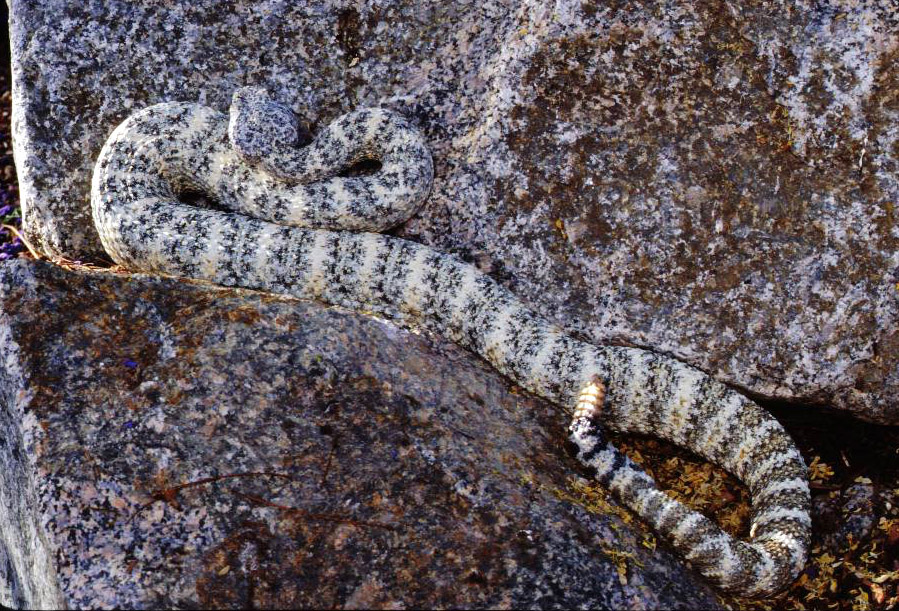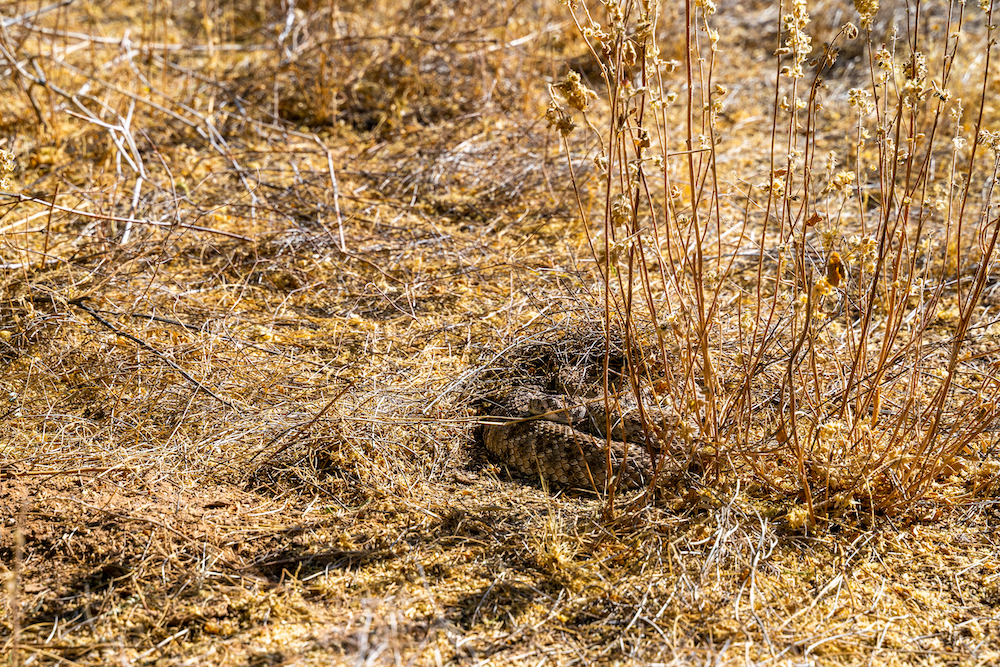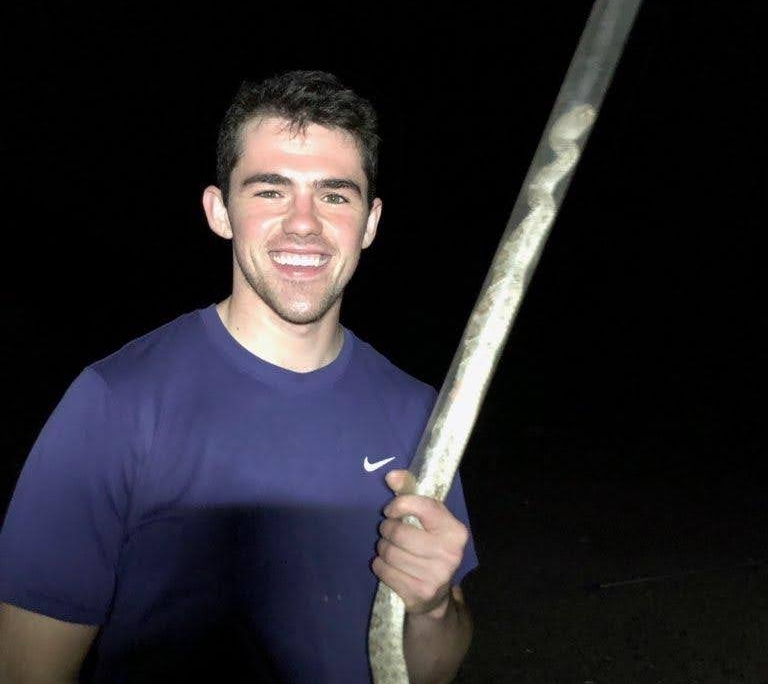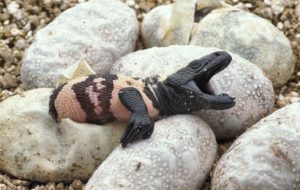
Rattlesnake Thermo-hydroregulation as a Model
for Understanding Responses to Climate Change
Derek Benson, PhD Candidate
Arizona State University
27 January 2025 | 7 pm MST
Venue details below
 Of utmost importance to an organism is the ability to maintain homeostasis in response to a variety of environmental conditions. Though climate change is predicted to increase maximum and minimum temperatures 2-3℃ while also decreasing rainfall for many xeric environments, the impact that this will have on wildlife remains unclear. Most physiological processes are highly sensitive to temperature and water balance, and small deviations in either can significantly affect performance. Thus, whether organisms can mitigate the effects of increased temperature and reduced rainfall may in part determine the effects of climate change on organisms. Accordingly, we utilized a natural precipitation and temperature gradient relevant to climate change to investigated whether individuals in a population of Western Diamond-backed Rattlesnakes (Crotalus atrox) in a more arid location maintain similar body temperatures and water loss rates to conspecifics in a cooler, less arid area. Additionally, using the warmest and driest portion of the aridity gradient, we investigated whether the Southwestern Speckled Rattlesnake (C. pyrrhus), a species predominantly found in arid areas, maintains body temperatures and lower water loss rates than a sympatric population of C. atrox, a species that is widespread across the southwest.
Of utmost importance to an organism is the ability to maintain homeostasis in response to a variety of environmental conditions. Though climate change is predicted to increase maximum and minimum temperatures 2-3℃ while also decreasing rainfall for many xeric environments, the impact that this will have on wildlife remains unclear. Most physiological processes are highly sensitive to temperature and water balance, and small deviations in either can significantly affect performance. Thus, whether organisms can mitigate the effects of increased temperature and reduced rainfall may in part determine the effects of climate change on organisms. Accordingly, we utilized a natural precipitation and temperature gradient relevant to climate change to investigated whether individuals in a population of Western Diamond-backed Rattlesnakes (Crotalus atrox) in a more arid location maintain similar body temperatures and water loss rates to conspecifics in a cooler, less arid area. Additionally, using the warmest and driest portion of the aridity gradient, we investigated whether the Southwestern Speckled Rattlesnake (C. pyrrhus), a species predominantly found in arid areas, maintains body temperatures and lower water loss rates than a sympatric population of C. atrox, a species that is widespread across the southwest.
 Derek Benson is a fourth-year Biology PhD candidate at Arizona State University in the lab of Dr. Dale DeNardo. An aspiring eco-physiologist, Benson utilizes rattlesnakes as a model system to understand how organisms respond to increasing temperatures and drier conditions.
Derek Benson is a fourth-year Biology PhD candidate at Arizona State University in the lab of Dr. Dale DeNardo. An aspiring eco-physiologist, Benson utilizes rattlesnakes as a model system to understand how organisms respond to increasing temperatures and drier conditions.



